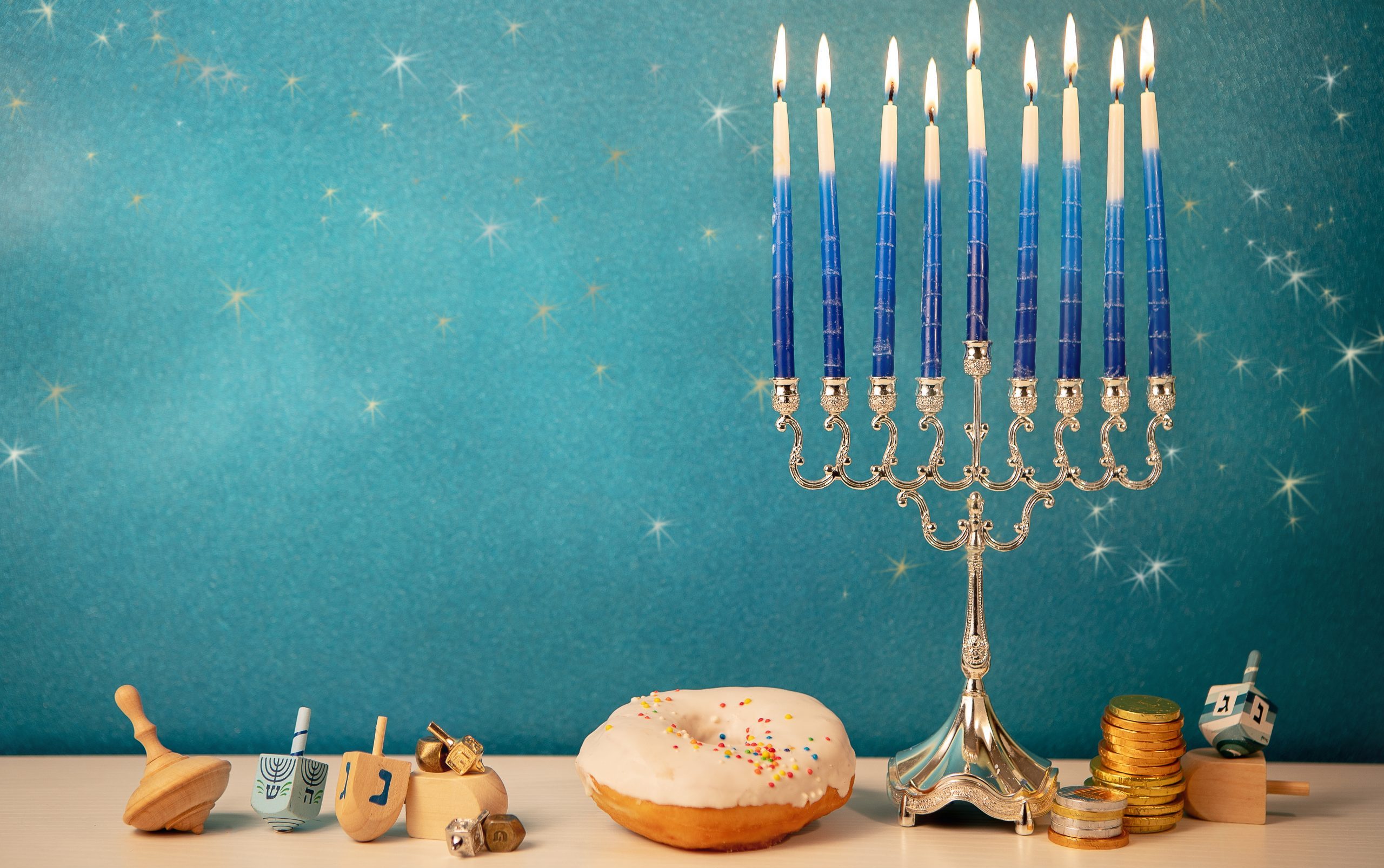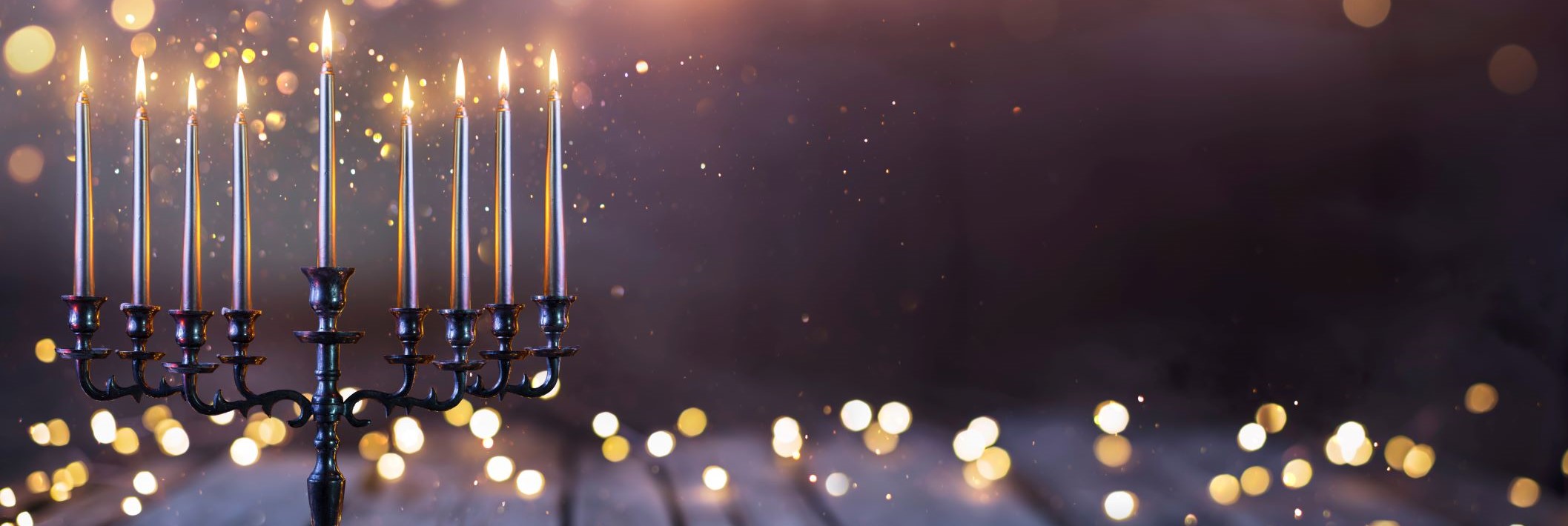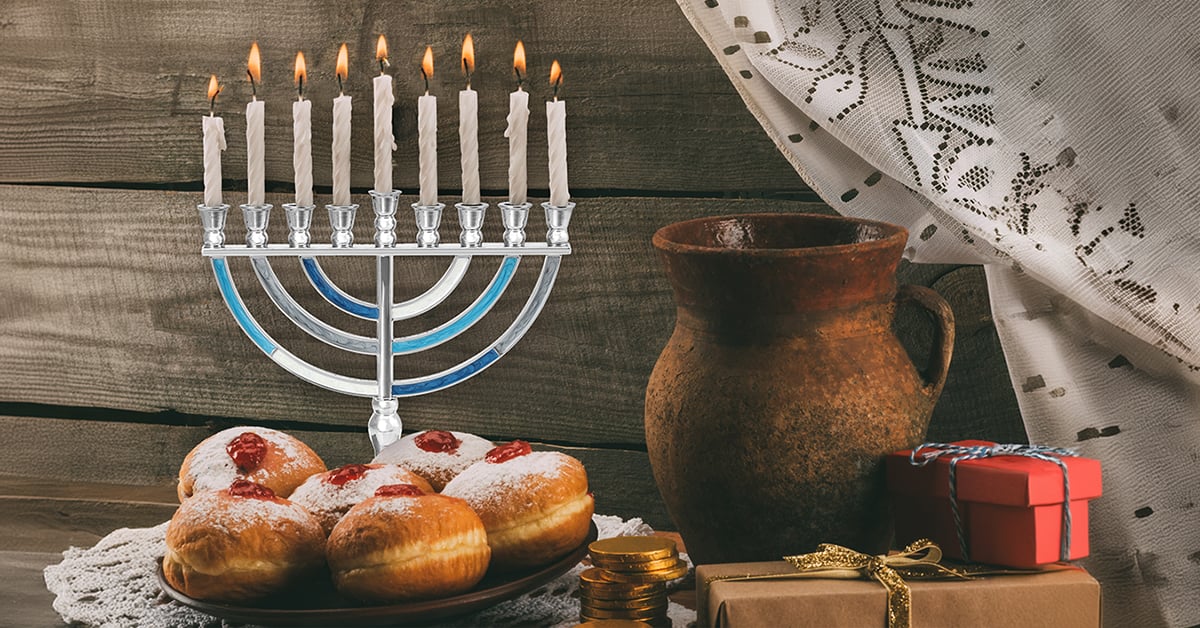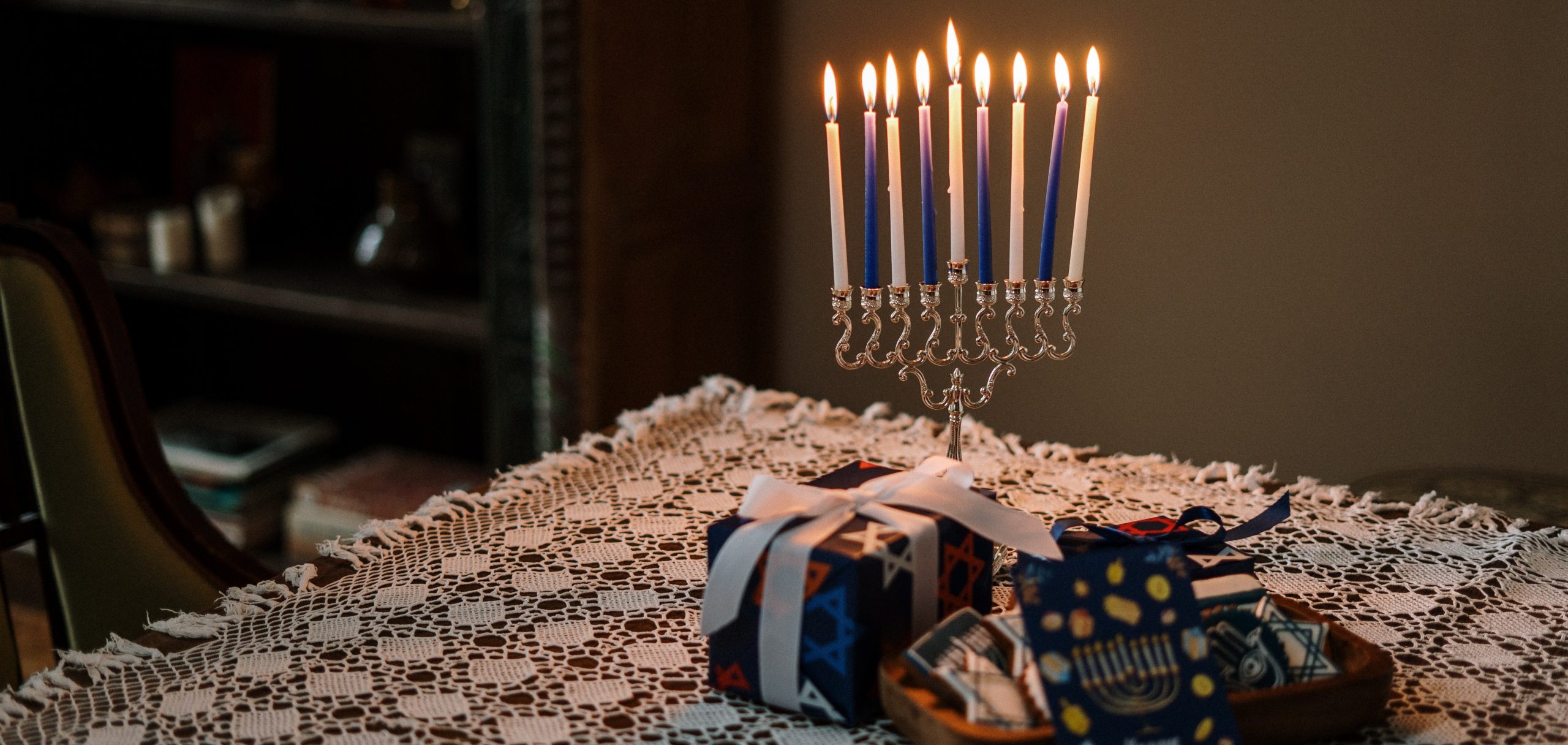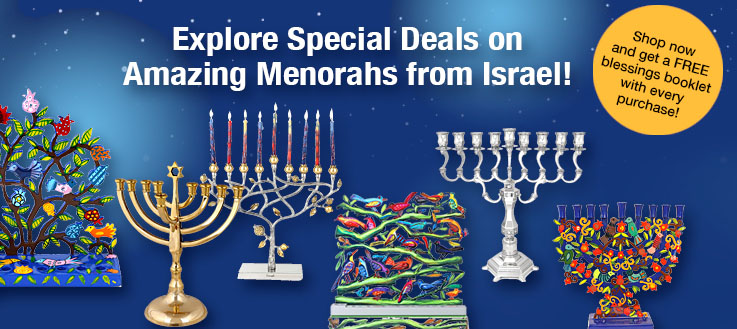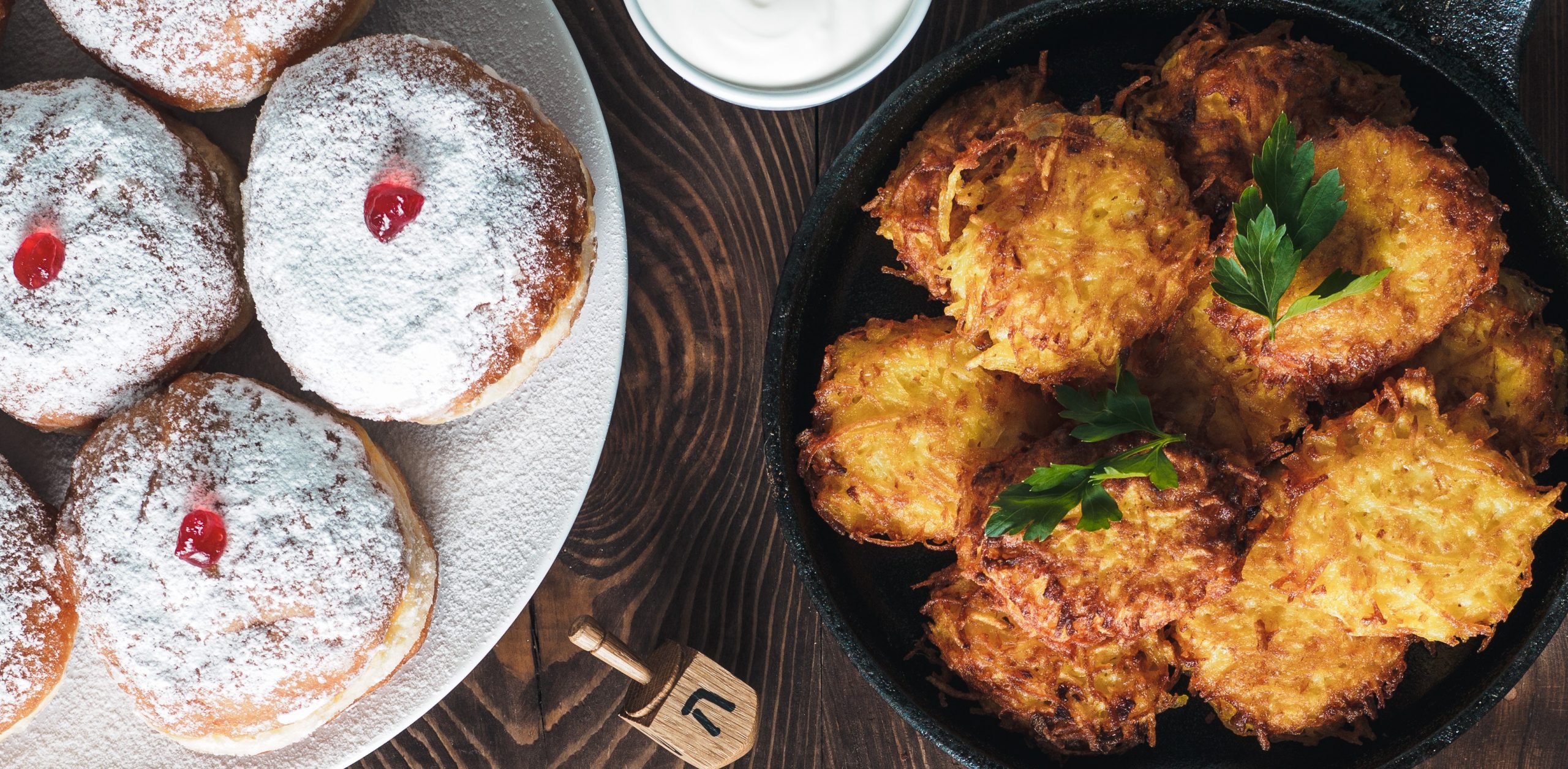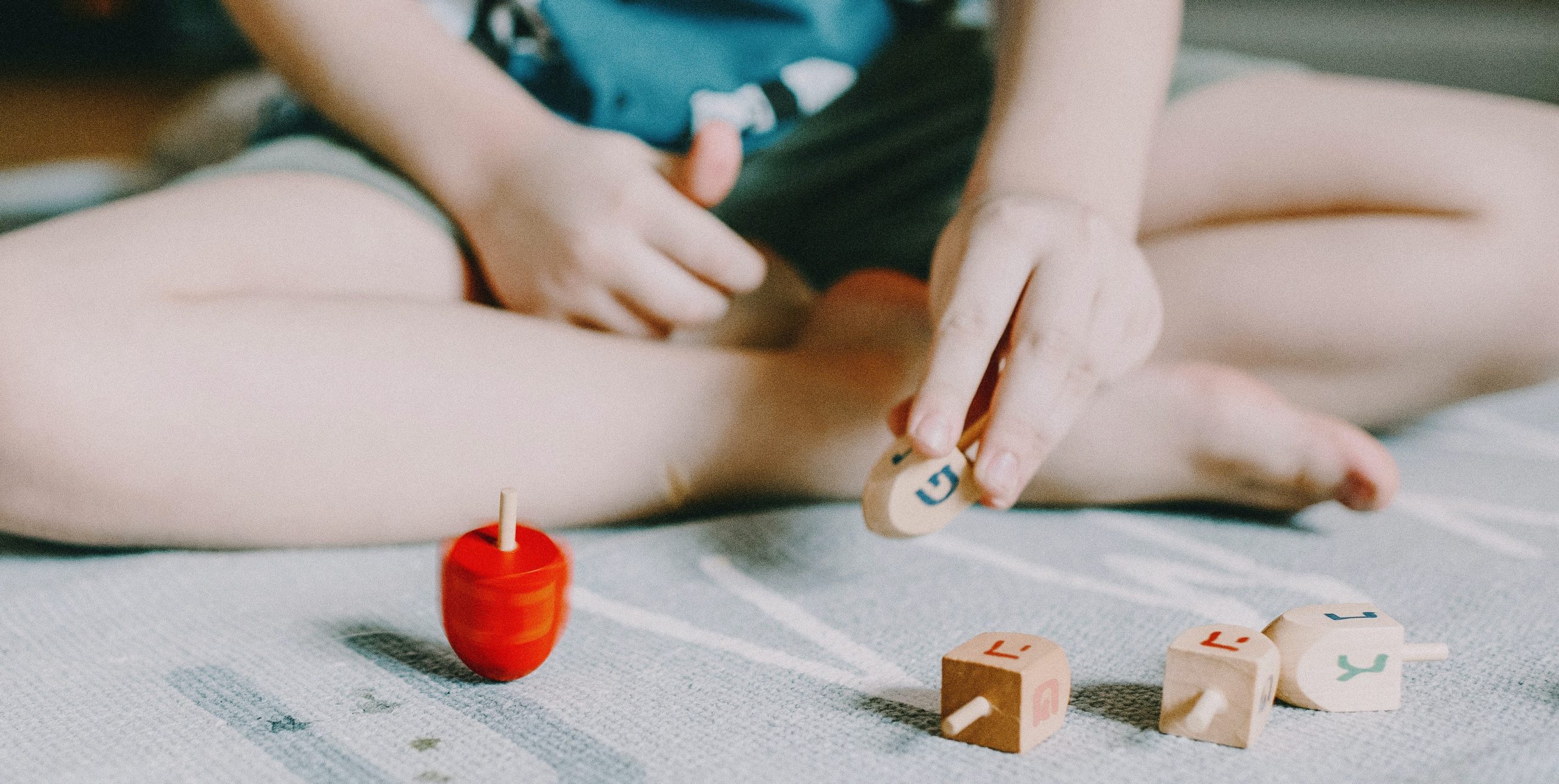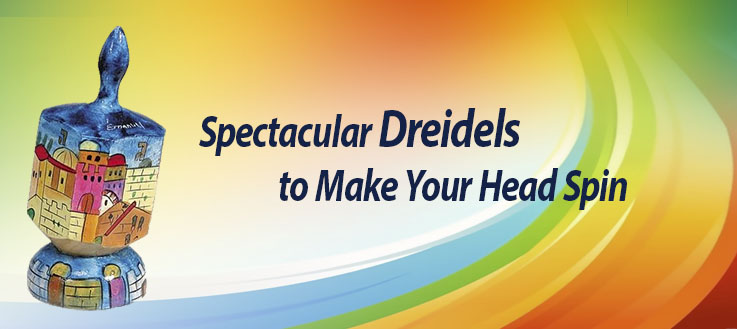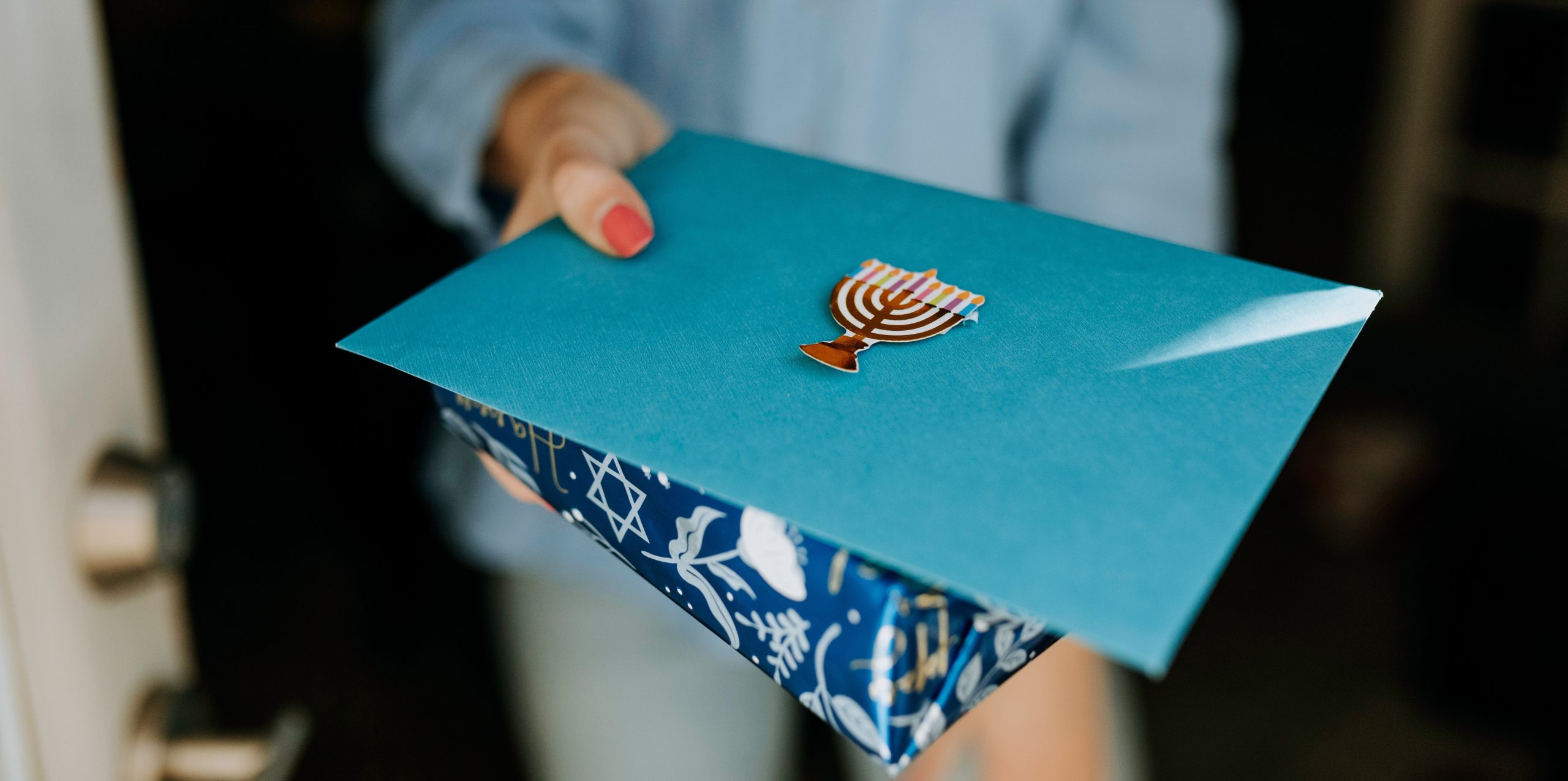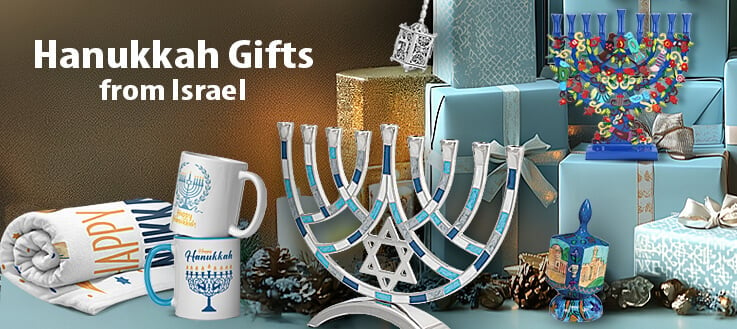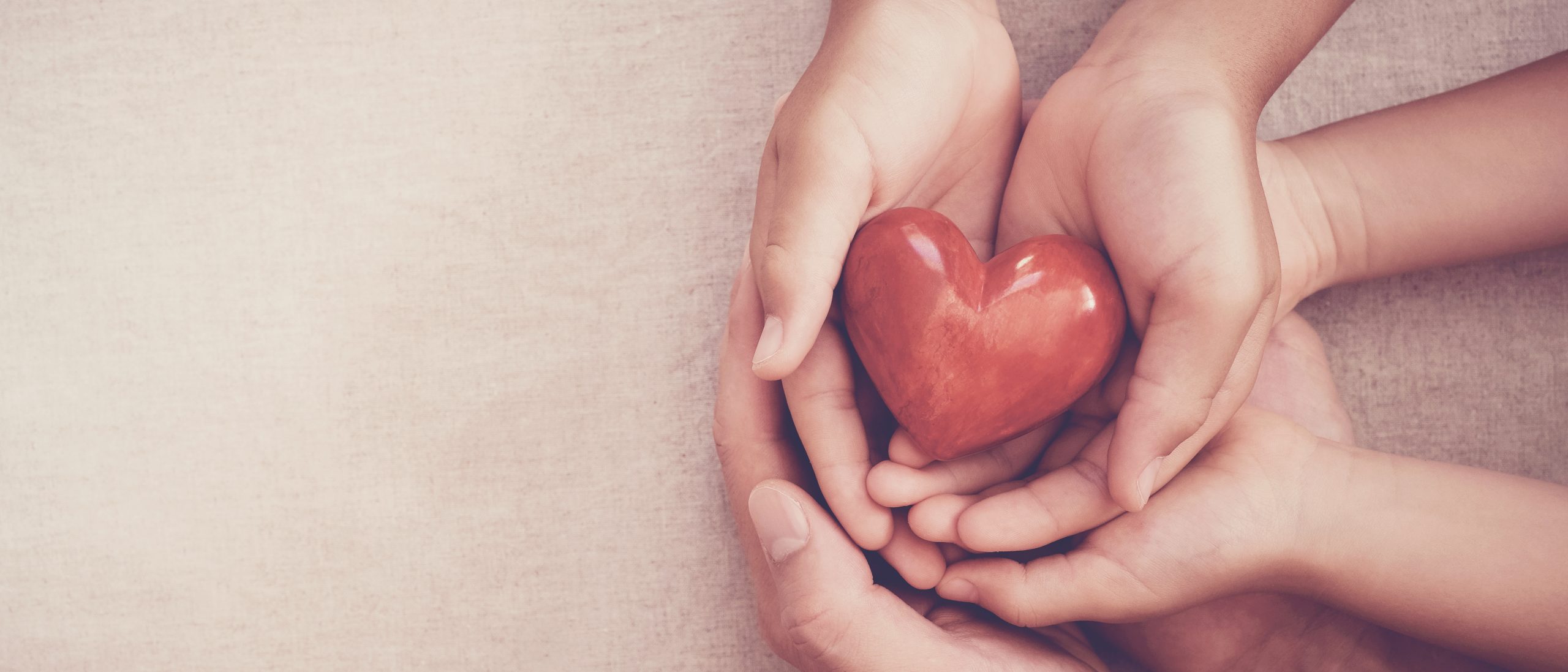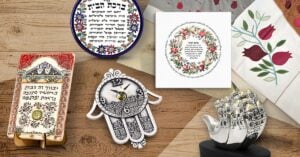Another popular Hanukkah tradition, particularly in North America, is the giving of gifts! While it wasn’t always a custom, gift giving became an increasingly popular extension of giving Hanukkah gelt in post-WWII America, and spread to other Jewish communities around the world.
It's common to give at least one special gift in honor of the holiday to one's significant other, parents, and other close relatives and friends, while many parents have a practice of giving their children a different gift on each of the eight nights - such as jewelry, Jewish-themed home décor, toys and educational games, and Hanukkah gift baskets. Employers may also give gifts or special bonuses to their employees.
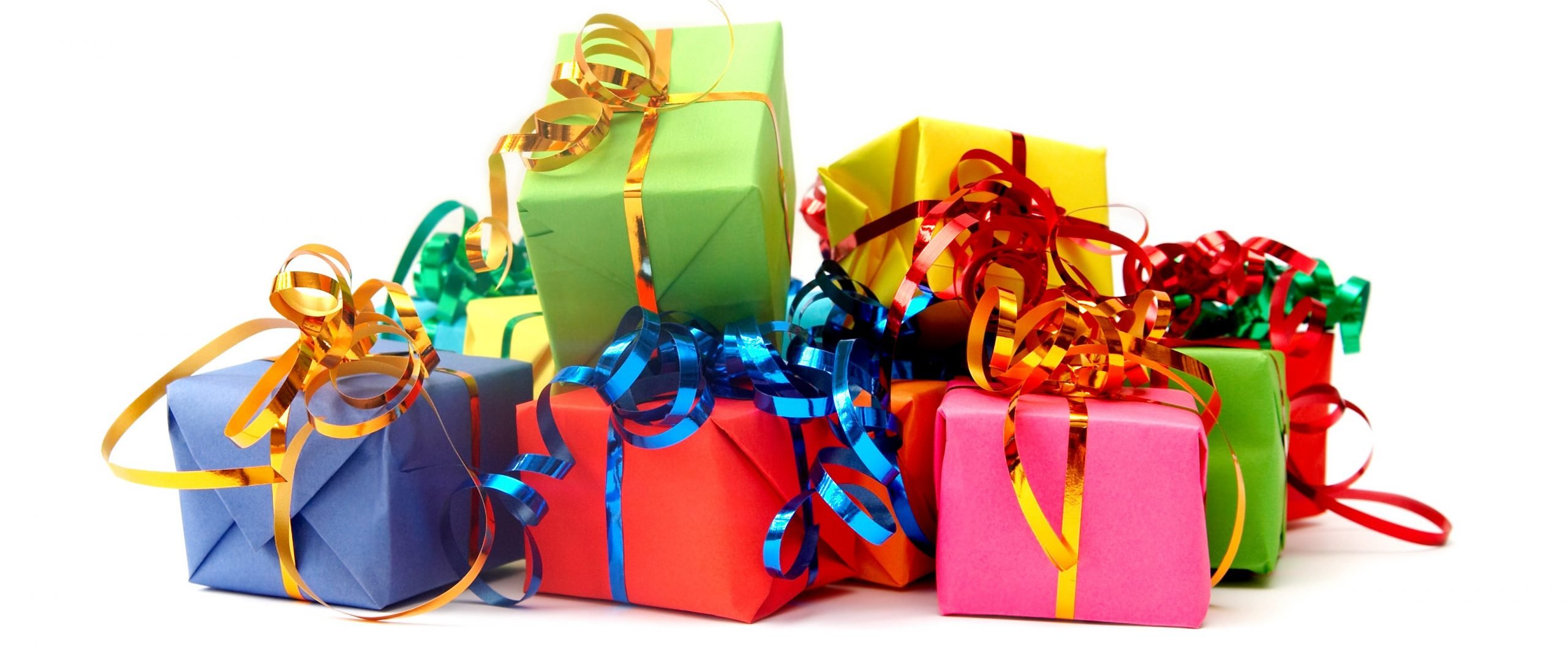
Not every night has to be an extravagant gift, however; a classic American tradition is to give practical gifts on at least some of the nights, like clothing, books, coffee mugs, or school supplies! There is also a growing trend of dedicating at least one night to making charity donations, known in Hebrew as tzedakah, in lieu of giving gifts.
Some offices, schools, and other groups in recent decades have also adopted a method of gift-giving knows as "Mystery Maccabee" or "Hanukkah Harry," inspired by the "Secret Santa" tradition of non-Jewish spaces. Instead of each person buying gifts for everyone else, everyone is randomly allocated one person to surprise with a secret Hanukkah gift ahead of or during the holiday - which can help keep costs down and is a fun way to spread holiday cheer!
Check out our top made-in-Israel Hanukkah gifts for kids!
And don't forget everyone else on your list, with our wide selection of Hanukkah gifts straight from Israel.
